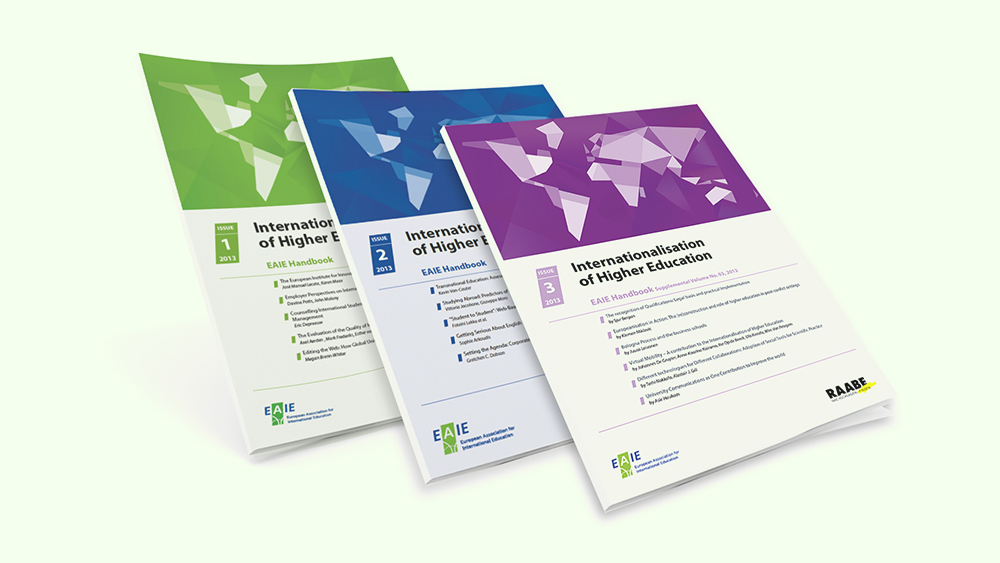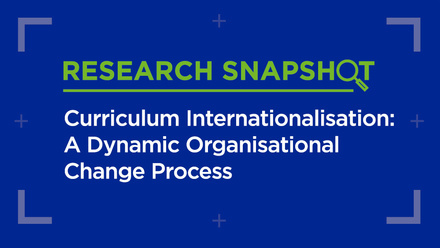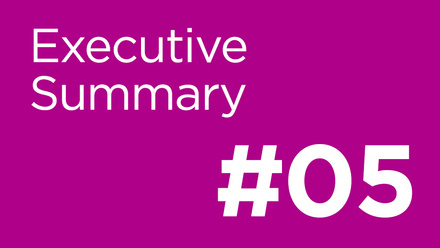Internationalizing Curricula – The Needs and Wishes of Alumni and Employers With Regard to International Competencies

The current social and political environment requires graduates to be internationally competent. This study shows that indeed both alumni and employers emphasise the importance of such competencies. The findings further suggest that institutions of higher education play a crucial role in the acquisition of international competencies. However, there is room for improvement. Taking internationalisation seriously will help internationalise learning outcomes and innovate curricula, develop new and goal-oriented ways of teaching and learning, enhance the effectiveness of study and internships abroad, as well as aid the internationalisation at home. Such policies should be supported by further research on the specific requirements of international competencies for each and every course in our universities.
This article was published in Issue 1, 2015 of the Internationalisation of Higher Education, an EAIE Handbook. From 2011–2015, the EAIE was the Editor of Internationalisation of Higher Education Handbook, published by Raabe Academic Publishers (Berlin). The EAIE holds joint copyright of all 2015 articles with DUZ Verlags- und Medienhaus GmbH.
— Authors: Jos Walenkamp, Andreas Funk and Joyce den Heijer





